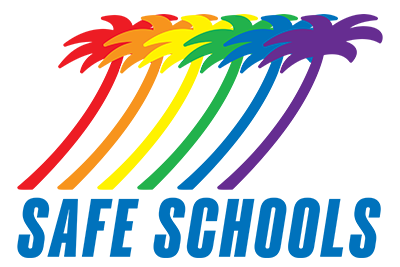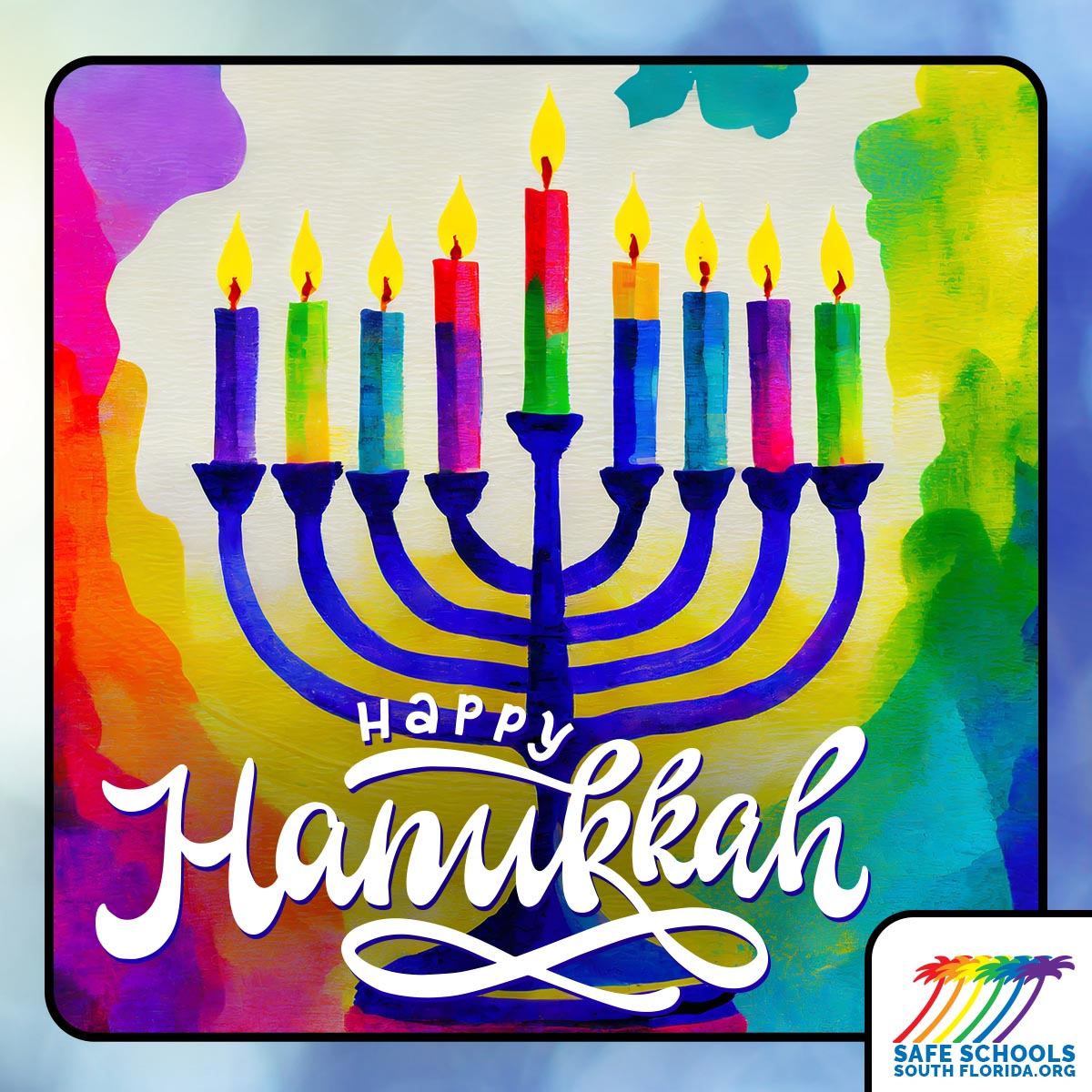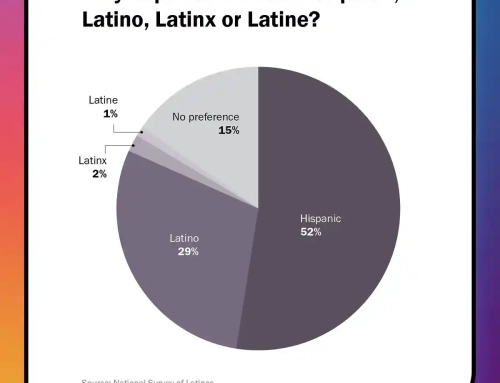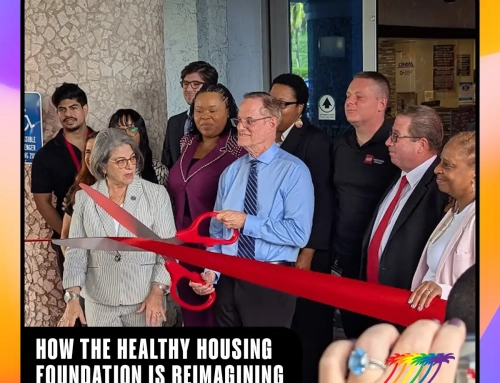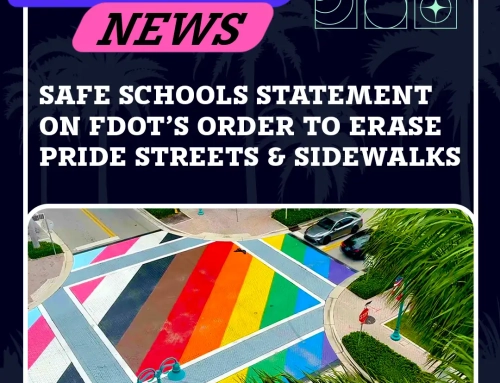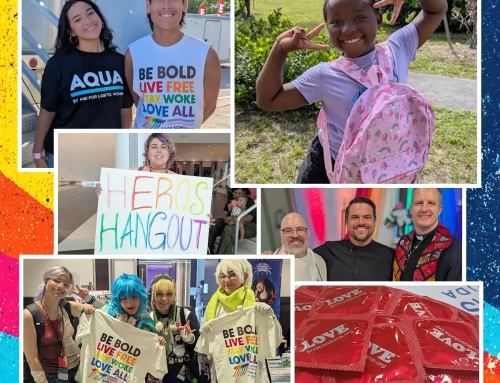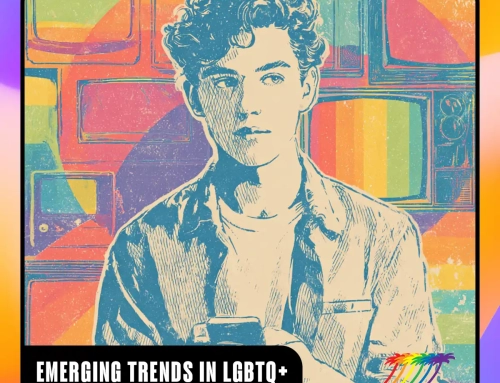Happy Hanukkah: A Celebration of Light, Liberation, and Inclusivity
As the evenings grow colder and the days shorter, we find ourselves enveloped in Hanukkah’s warm, embracing glow. This Festival of Lights, an eight-day Jewish holiday, is not only a time for joy and celebration but also a moment for reflection on the themes of resilience, freedom, and inclusivity.
The Historical Roots of Hanukkah
Hanukkah commemorates the rededication of the Second Temple in Jerusalem during the second century B.C.E. This period was marked by a significant conflict between the Jewish people and the Hellenistic rulers of the Seleucid Empire. The Maccabean Revolt, led by Judah Maccabee and his followers, was not just a military struggle but also a cultural and religious fight against enforced assimilation and the loss of Jewish identity.
In queer theory, there’s a strong resonance with the Maccabean Revolt’s resistance to cultural and religious erasure. Just as the Maccabees fought to preserve their unique identity and practices, the LGBTQ+ community battles against societal norms that often seek to marginalize or erase queer identities. Hanukkah’s story of resistance and triumph serves as an inspiring metaphor for the ongoing struggle for queer rights and recognition.
The Miracle of the Oil: A Symbol of Resilience and Hope
Central to Hanukkah is the miracle of the oil. When the Maccabees rededicated the temple, there was only enough consecrated oil to keep the menorah’s candles burning for one day. Miraculously, this small amount of oil lasted for eight days. This story is a powerful symbol of hope and resilience, resonating deeply with those who have felt their light diminished or overshadowed.
In the context of queer experiences, this miracle can be seen as a testament to the endurance and persistence of love and identity in the face of adversity. The lasting oil is akin to the enduring spirit of queer individuals who continue to shine brightly despite challenges.
The Tradition of the Dreidel: A Game of Chance and Survival
The dreidel, a four-sided spinning top played during Hanukkah, has letters inscribed on each side, forming an acronym for “A great miracle happened there.” The game’s origins are tied to times when studying the Torah was forbidden. Jews would study in secret, and if soldiers approached, they would quickly hide their texts and pretend to be playing a game.
This narrative of disguise and revelation holds special significance in queer theory, highlighting the importance of visibility and the complexities of revealing one’s true self in hostile environments. The dreidel is not just a game but a symbol of the ongoing struggle for the right to live and love openly.
Lighting the Menorah: Illuminating Diversity and Inclusion
A candle is lit on the menorah each night of Hanukkah, adding light and warmth. This act of lighting candles is a potent symbol of increasing awareness and acceptance. It represents the ongoing journey towards greater inclusivity and the illumination of diverse identities.
As we light the candles, we are reminded that every individual brings their unique light to the world. This celebration is a call to honor and embrace the full spectrum of human experience, including the rich and diverse expressions of gender and sexuality.
A Celebration for Everyone
Hanukkah’s themes of resilience, hope, and the triumph of light over darkness offer a universal message that resonates across different cultures and identities. As we celebrate this Festival of Lights, let us remember its lessons of persistence, inclusivity, and the importance of safeguarding our unique identities. May this Hanukkah bring warmth, joy, and a renewed commitment to creating a world where every individual can shine in their full, vibrant colors.
Happy Hanukkah! May your days be bright, and your lights shine ever more inclusively and brilliantly.
By: Harold Marrero
Chief Operating Officer
We encourage you to share this information with friends, fellow teachers, and allies and join us in bringing awareness to our efforts. Your support is essential for our ongoing work to create safe spaces for all students, regardless of ethnicity, gender, sexual orientation, or expression. Please consider donating to Safe Schools so that we can continue advocating for inclusivity and diversity within the education system.
